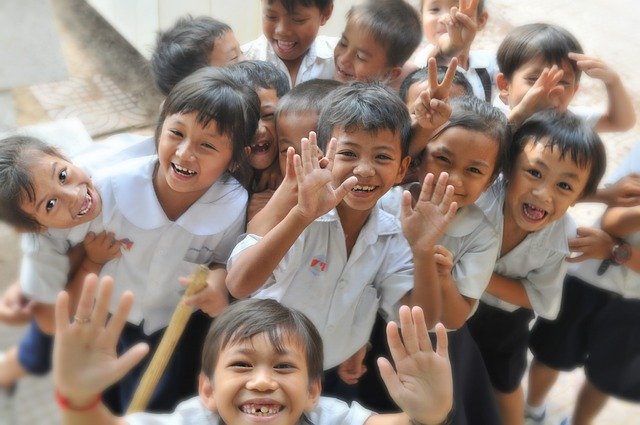(from the Alphonsian Academy Blog)
An interactive, dynamic and inclusive process
Education cannot be understood as shaping the other by inculcating previously elaborated values and ideals. This would be to instruct not to educate. In his pastoral and formative work, the educator must develop the artist’s own creativity because there are not always valid answers to be applied automatically.
More than a linear transfer, education is a process of mutual help, aimed at making each one discover his or her own identity and become more and more himself or herself. More than a program to be transmitted, education is an alliance to be established to advance together, in mutual respect, towards the truth.
Using the expression “covenant” or “educational covenant”, the Pope emphasizes the importance of dialogue with affectionate respect for diversity. According to Paolo Freire, it is not so much a matter of educating another, but rather of educating us together by facing daily challenges. “No one educates anyone. No one educates himself. Men educate themselves among themselves, mediated by the world”.
Veritatis Gaudium proposes the establishment of a true culture of encounter through dialogue, fraternity, discernment and “networking” (VG pr. 1 and 4), to arrive at a plurality of knowledge.
Indispensable in this regard is the establishment of new and qualified centres of research where […] scholars from different religious universities and from different scientific fields can interact with responsible freedom and mutual transparency, thus entering into “dialogue among themselves for the sake of protecting nature, defending the poor, and building networks of respect and fraternity”. (VG pr. 5).
In fact, “to educate demands to enter into a fair dialogue”, overcoming the globalized indifference of this society that “makes us close, but does not make us brothers”. (CV, 19).
Educating for relationship and community building
Another major challenge facing the university is the current lack of solidarity and empathy. “Our societies are characterized by growing individualism and division”. Curiously, the most frequent users of new communication technologies tend to be the least empathic. On a global level, “a minority believes that it has the right to consume in a way which can never be universalized,” (LS 50), thus depriving many people of a dignified life.
To meet these challenges, the university must help people to “inhabit education”, inserting it into the web of life, with its faces, places and ties. Well inserted in the concrete reality of people, it will help to reflect on social needs, through debates and concrete actions, so that everyone feels stimulated to increase their knowledge and skills through a solidarity service to the community (service-learning). Therefore, the educational activity will have to be a laboratory where it will be possible to learn how to harmonically link learning and social service to the communities in which students are inserted, strengthening the values of active citizenship and care for the environment.
By way of conclusion
The time has come to embark on a serious educational journey towards a more holistic and integral vision of reality that will help us to strengthen our relational assets over economic ones, restoring our four fundamental relationships: with God, with others, with ourselves and with creation. In this educational journey, the university must assume a fundamental role.
Scientific information has proved insufficient to bring about a change of mentality and lifestyle. Above all, deep and convincing inner motivations are needed. Pope Francis reaffirms that “faith convictions can offer Christians, and some other believers as well, ample motivation to care for nature and the most vulnerable of their brothers and sisters.” (LS 64). In fact, “if we feel intimately united with all that exists, then sobriety and care will well up spontaneously” (LS 11).
It is necessary, therefore, to undertake an educational journey that strengthens in everyone “the awareness of our common origin, of our mutual belonging, and of a future to be shared with everyone”. (LS 202), to build a global village of education. The different areas of education (school/university, family, spirituality, media, catechesis, etc.) can promote a holistic perspective that highlights the relationship and interdependence of all beings. In this way, man and all creatures will be able to return to “extend a friendly hand to one another” (LS 106).
Fr. Martín Carbajo Núñez, OFM





